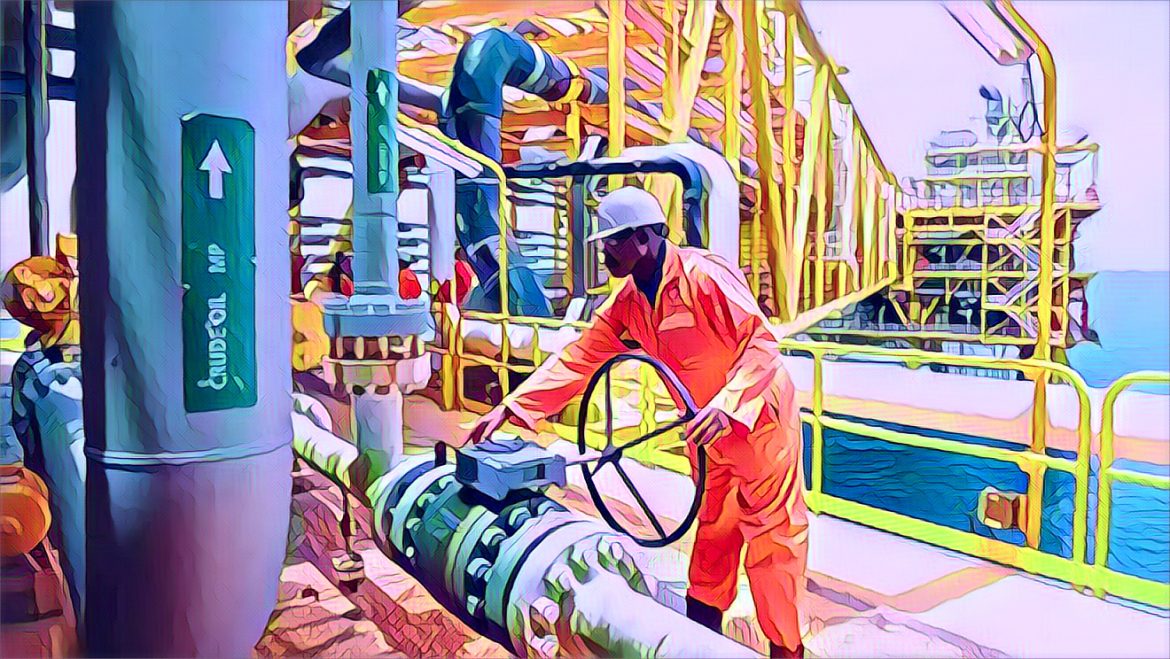The Nigerian Upstream Petroleum Regulatory Commission (NUPRC) has unveiled strategic measures aimed at tackling challenges within the oil and gas sector, with a primary focus on ramping up production capabilities in the country. During a presentation at the Petroleum Technology Association of Nigeria (PETAN) Sub-Saharan Africa International Petroleum Exhibition and Conference in Lagos, the Chief Executive of the Commission, Engr. Gbenga Komolafe, shed light on Nigeria’s current oil production, averaging 1.586 million barrels per day. This production comprises 1.33 million barrels per day of liquid production and 256,000 barrels per day of condensate oil production.
Komolafe detailed several initiatives adopted by the Commission to strengthen the sector, including improved transparency in hydrocarbon measurement and accounting, collaborative work program administration with exploration and production companies, and close monitoring to ensure compliance with work program obligations. Additionally, efforts are underway to accelerate field developments through timely approvals and execution, optimize production by conducting periodic well testing, identify candidate wells for interventions, and adopt Enhanced Oil Recovery processes and technologies.
He underscored the importance of these measures in navigating the evolving global energy landscape, particularly in response to climate concerns. Komolafe emphasized the need for Nigeria to recalibrate its energy strategy to align with global climate goals while ensuring energy justice, equity, inclusivity, and sustainability.
Furthermore, he highlighted Nigeria’s abundant natural resources beyond hydrocarbons, including green and blue hydrogen, solar, wind, biomass, and critical minerals for clean energy technologies. With a growing population dominated by young people and a sizable market, Nigeria presents significant opportunities for economic growth and energy transition. Komolafe reiterated Nigeria’s commitment to leveraging its vast natural gas reserves to power its energy transition plan and drive economic development. He projected an increase in natural gas production driven by major projects such as NLNG Train 7 & 8, Nigeria/Morocco pipeline, and the Ajaokuta-Kaduna-Kano (AKK) Natural Gas Pipeline Project.
Moreover, the Commission has intensified efforts to eliminate flared gas and reduce fugitive gas emissions, creating additional investment opportunities in the gas sector. Recently, the Commission awarded 49 flare sites to successful bidders for flare gas commercialization through the Nigerian Gas Flare Commercialization Program (NGFCP). Overall, NUPRC’s proactive measures aim to not only enhance oil and gas production but also facilitate Nigeria’s transition towards a more sustainable and diversified energy future.


